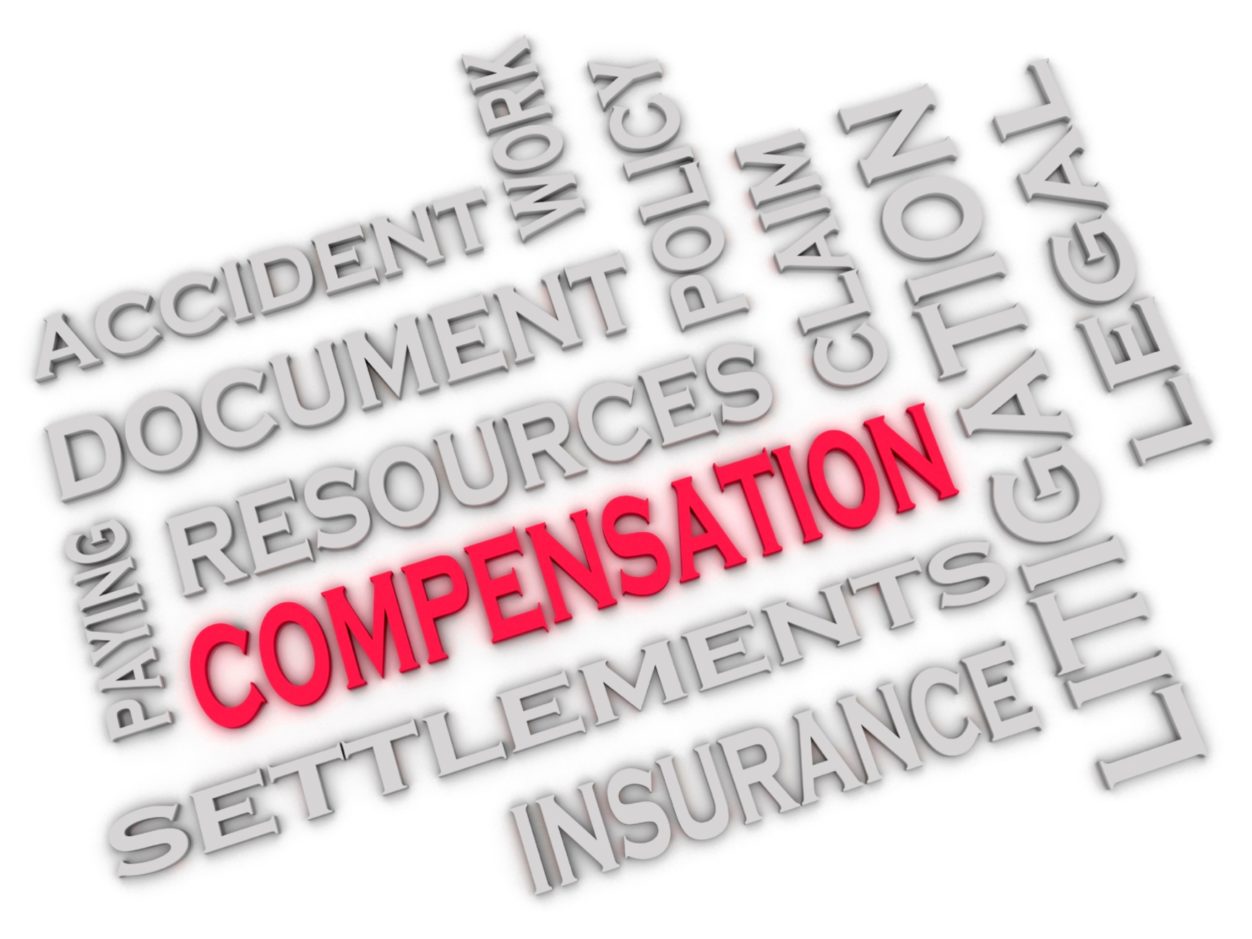When you are in a car accident and you are in the midst of what you want to accomplish in life, will you still be able to pursue your dream despite your injury? Will your ability to earn an income be affected by the injury? These are issues that you need to seriously consider with your accident claim. Although ICBC may acknowledge your past wage loss following an accident, it is often unwilling to consider how your injuries may impact your ability to earn an income in the future. Therefore, your settlement should reflect the loss of your ability to achieve the income you would have earned, had the accident not occurred.
A court will award you both past and future losses, if the loss is proven by evidence, on a balance of probabilities. Accordingly, your settlement with ICBC should also reflect this potential. In the Province of British Columbia, ICBC is the at-fault driver’s insurer. It is important to remember this when you are negotiating any settlement. This is why you should consult an experienced personal injury lawyer following an accident where you are the victim.
Future losses may include not only the loss of your ability to earn income but also to pursue the career of your choice. If, for example, you return to work after you’ve settled your accident claim, and 5 years later an accident related injury flares up and you cannot work, or have to work less, you cannot go back to ICBC and ask for more money. Similarly, if you settle your claim and realize later that you are limited from pursuing other types of work as a result of your injuries, your settlement bars any further claim you may have had.
The courts assessment of damages for loss of future earning capacity depends largely on the circumstances of the case. In cases where the plaintiff’s injuries from the accident result in a permanent disability, it is obvious that the court will make an award for loss of future earning capacity. However, there are also cases where the injury, although not completely barring the plaintiff from working, will affect their future ability to earn income and limit their career options. These losses are harder to predict, but that does not prevent the court from trying its best to award a reasonable estimate of the future loss.
In general, the court will:
- assess the accident victim’s earning capacity;
- measure the severity of the disability caused by the accident;
- estimate the extent to which the disability will impair your future income prospects;
- and award a sum representing that loss
The entire purpose of this exercise is to put you in the same position that you would have been if the accident had not occurred.
The compensation awarded to you, if you have suffered an impaired ability to work, will be for the loss of the value of the work that you have lost as a result of the accident. Future losses and events are established on the basis of “reasonable possibilities”. In assessing the loss, the court will “assess” rather than “calculate” with mathematical certainty whether or not there was a “real and substantial possibility” that you would have pursued a certain income earning path if the accident had not occurred. The possibility is treated as a contingency and valued according to the degree of probability that it might have occurred. Therefore, even if there is a small chance that your ability to earn has been compromised, your loss may be compensable, as long as it was a “reasonable possibility” and not merely speculative.
The caselaw also indicates that there may be a basis for an award of lost earning capacity for homemakers, volunteers and those who are currently working less than full time. The courts often recognize that unpaid work still has value and compensation may be awarded.
Another important aspect of this loss is duration. With the abolishment of the mandatory retirement age, the loss may be more if there is evidence that the accident victim would have worked until 70 or even 80, especially with regard to self-employed persons or professionals who often continue to work past age 65.
To conclude, a claim for lost earning capacity may be substantial and is often a complex legal and mathematical assessment. A knowledgeable personal injury lawyer will ask you not only about your past income in assessing this loss, but also what your future aspirations were before the accident and will thoroughly review with your doctors and with medical experts any physical impairment that could affect your ability to earn income or impact your career options.
It is important to remember that although you may feel good on the day of your settlement and may be able to work at full capacity, this may not be the case in five, ten or fifteen years. Protect your future and consult with us before you settle your claim.
The information provided above is for educational purposes only. This information is not intended to replace the advice of a lawyer or address specific situations. Your personal situation should be discussed with a lawyer. If you have any questions or concerns, contact a legal professional.
The information provided above is for educational purposes only. This information is not intended to replace the advice of a lawyer or address specific situations. Your personal situation should be discussed with a lawyer. If you have any questions or concerns, contact a legal professional.
